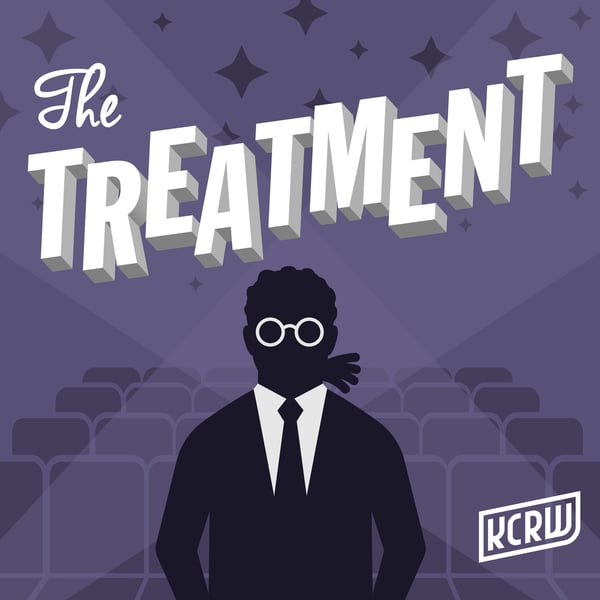Sarah Polley: ‘Run Towards the Danger’
The Treatment
KCRW
4.6 • 639 Ratings
🗓️ 5 April 2022
⏱️ 29 minutes
🧾️ Download transcript
Summary
This week on The Treatment, Elvis welcomes back director, writer and actress Sarah Polley, whose new collection of essays is “Run Towards the Danger: Confrontations with a Body of Memory.” Polley’s films as a director include “Stories We Tell,” “Away from Her” and “Take this Waltz.” Polley tells The Treatment about her traumatic experiences as a child actor on the film set of “The Adventures of Baron Munchausen” and how those experiences still reverberate now as an adult director. She says she is averse to finding a rigid, inflexible narrative about one’s personality or experiences, but is open to revision and evolution over time. And Polley says it took a decades-long journey of health challenges to get her to a place of gratitude about her body.
Transcript
Click on a timestamp to play from that location
| 0:00.0 | From KCRW Santa Monica and KCRW.com, it's The Treatment. |
| 0:14.3 | Welcome to the treatment, the home edition. I'm Elvis Mitchell. My guest is an actor, |
| 0:20.4 | a producer, a director, a screenwriter, someone who is seen |
| 0:24.0 | clockwork going a few times at the age of seven unsupervised and is now the author of the book |
| 0:29.1 | Run Towards the Danger. I am talking to, of course, our old friend Sarah Polly. It's good to have |
| 0:33.7 | you back, Sarah. How are you? It's nice to talk to you again. It's been a long time, and I really like the introduction of me. |
| 0:39.1 | It is a pivotal thing about someone that they watch Clockwork Orange a few times when they were seven unsupervised. |
| 0:45.0 | I think there are so many things about this book that are pivotal, and I think what's fascinating to me about it and reading it. And I guess it's kind of a collection of essays that you found a way to knit together. |
| 0:55.7 | But all of these various sections of the book, they're all about recovery, be it from scoliosis or childbirth or celebrity. |
| 1:03.3 | They're all about recovering from something. |
| 1:05.4 | And I just wonder if that's something you had in mind as a thematic link for this. |
| 1:10.0 | I'm really glad you framed it that way because I feel like on the surface this can seem like a book |
| 1:14.6 | about trauma, but it is a book about recovery. |
| 1:17.6 | I don't think that I knew that that's what I was doing when I was writing these essays. |
| 1:22.0 | I wrote some of them over 20 years. |
| 1:25.4 | I wrote some of them quite quickly. |
| 1:30.2 | I didn't know what brought them together until they were kind of done. And I realized by the end of it that, yeah, it wasn't so much about |
| 1:36.2 | the content of these traumatic experiences, it was about the process of them funneling their way |
| 1:41.5 | through the present and moving in a different direction and my relationship |
| 1:45.7 | with those memories changing in a way that was a kind of recovery. It's funny because I guess I link it to |
| 1:51.4 | your last time here. You came here here, your terrific documentary stories we tell about your ability |
| 1:56.9 | to turn a kind of a reportorial eye towards your own life, which has always fascinated me |
... |
Please login to see the full transcript.
Disclaimer: The podcast and artwork embedded on this page are from KCRW, and are the property of its owner and not affiliated with or endorsed by Tapesearch.
Generated transcripts are the property of KCRW and are distributed freely under the Fair Use doctrine. Transcripts generated by Tapesearch are not guaranteed to be accurate.
Copyright © Tapesearch 2025.

